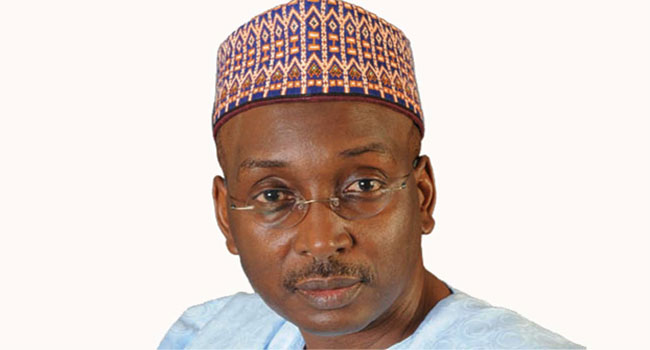

As Nigeria approaches the 2027 general elections, former National Working Committee (NWC) member of the All Progressives Congress (APC), Salihu Lukman, has urged key political figures to drop their presidential ambitions and focus on establishing a new political party that could serve as a formidable alternative.
Lukman specifically called on former Vice President Atiku Abubakar, Peter Obi, Senator Rabiu Musa Kwankwaso, and Mallam Nasir El-Rufai to prioritize nation-building over personal political aspirations. He extended the same advice to other influential politicians, including Rotimi Amaechi, Dr. Kayode Fayemi, and Senator Aminu Waziri Tambuwal.
In a statement issued in Abuja on Sunday, titled “Re: Early Outline of the Permutations for 2027,” Lukman reacted to discussions from the recent National Conference on Strengthening Democracy in Nigeria. He argued that stepping away from personal ambitions could prevent candidate imposition in 2027 and help foster a stronger, more democratic political alternative.
Criticizing the current political landscape, Lukman said many opposition and displaced politicians lack the credibility to present themselves as better leaders.
“Based on laypersons’ legal knowledge, many of these politicians would be adjudged to being accessories, whether before or after, to our current political travesty. Given their records of service, they are most likely to be worse than former Presidents Goodluck Jonathan, Muhammadu Buhari, and now President Tinubu,” he stated.
He further criticized their political track records, claiming they had **mismanaged transitions and lost control of political structures in their states.
“Based on their records, they exhibit intolerant dispositions and poor relationships, on account of which they have mismanaged their transitions and are today hardly in control of political structures in their states. Some of them, due to their influential roles in past administrations and the failures of those administrations, should be humble enough to take a backseat in efforts to build a strong coalition to strengthen Nigerian politics. Instead, it is more like a case of an unrepentant show of shame.”
Lukman proposed a different model, envisioning a collegiate leadership structure where these political heavyweights focus on party-building rather than personal ambition.
“Just imagine Alh. Atiku Abubakar, or Mr. Peter Obi, or Mr. Rotimi Amaechi, or Dr. Kayode Fayemi, or Sen. Aminu Waziri Tambuwal, or Mal. Nasir El-Rufai, or other opposition and displaced leaders with ambitions to contest, becoming leaders of the new party. Imagine all these people deciding that in order to lay a solid foundation for the emergence of a strong party, all of them or the majority of them will instead aspire to become part of the leaders of the new party,” he said.
According to him, such a move would create a political party with a collegiate leadership style similar to that of the Second Republic’s National Party of Nigeria (NPN). However, failure to embrace this approach, he warned, could result in the continuation of the old culture of political imposition.
Lukman revealed that over the past year, he had engaged many of these political figures on the need for a new direction in Nigerian politics—one that focuses on selfless leadership that unites politicians and citizens toward national progress.
He lamented that many opposition and displaced political leaders remain more focused on blocking competition rather than fostering it.
“The truth is that any political leader who is prioritizing the debate about power shift over and above building a strong political party, which can set the rules and enforce them, may only be hiding behind such arguments to impose himself/herself and perhaps invariably continue the political practice of emperors and dictators. Everything must be done to depart from that and create a new political reality in the country.”
.png)








 English (US)
English (US)